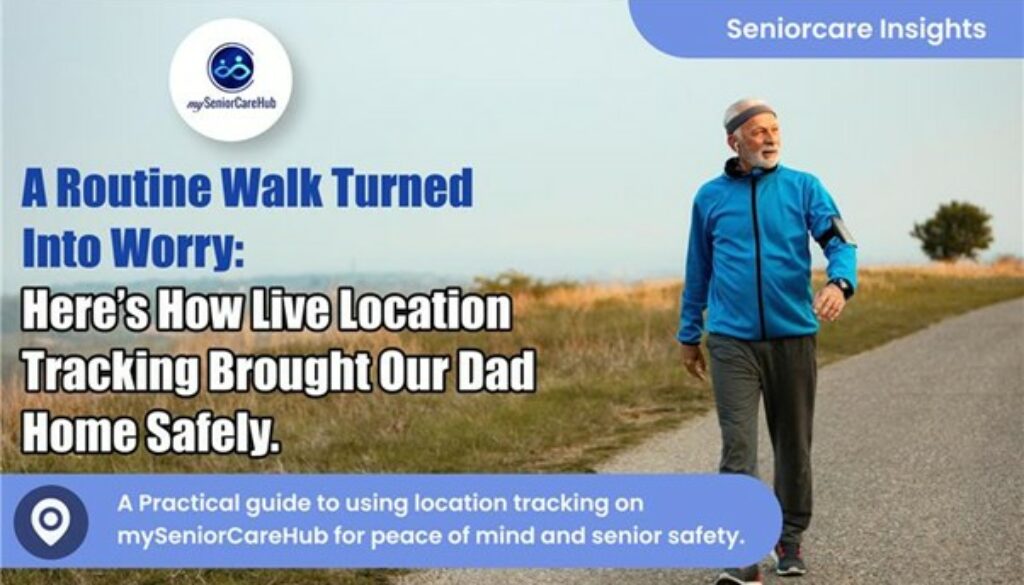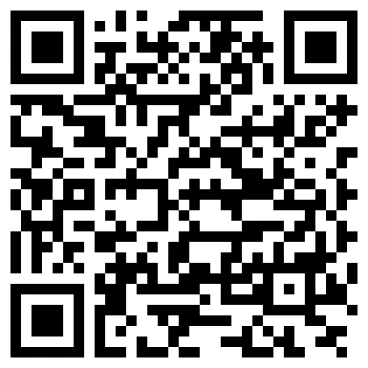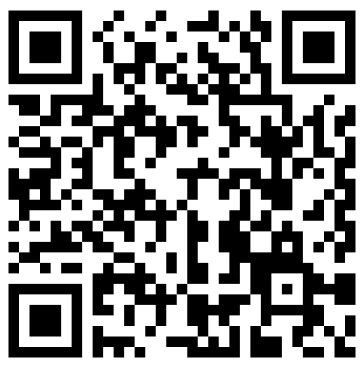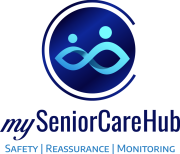My Dad Went Out and Didn’t Come Back for Hours: How Location Tracking Saved
When memory starts to fade, technology can light the way home.– Location Tracking App
The Day Everything Changed
It was a typical Thursday morning. My 72-year-old father, who had recently been diagnosed with mild dementia, laced up his walking shoes and stepped outside for his daily morning walk. He had done this hundreds of times. The route and the park were the same. Nothing seemed out of the ordinary.
Except this time, he didn’t come back.
We waited. Ten minutes turned into thirty. Thirty turned into an hour. We called his phone—it rang but went unanswered. Panic began to set in. Had he fallen? Was he confused about the way home? Was he safe?
I had always feared this moment because I juggle work, home, and caring for others. However, I had no idea how quickly things could spiral out of control.
The Harsh Reality of Wandering
Wandering is one of the most terrifying risks for people living with dementia, and unfortunately, it’s common. According to the Alzheimer’s Association, 6 out of 10 people with dementia will wander at some point. They may walk away from familiar places, forget their addresses, or become disoriented even on routes they’ve taken for years.
The fact that they might not even realize they’re lost or ask for assistance makes it even more frightening. The longer they are missing, the more dangerous the outcome becomes, exposing them to harsh weather, dehydration, traffic accidents, or falls.
For caregivers like me, it’s not just about finding them; it’s the uncertainty, helplessness, and the ticking clock that breaks you from the inside.
Live Location Tracking App – Track Your Family Member’s Location

Luckily, my dad’s story didn’t end in a hospital visit or a police search.
Earlier that week, I had set up a safety app on his phone – mySeniorCareHub, which includes a Live Location Tracker designed specifically for elderly care. That morning, as I opened the app in panic, I could see a moving dot. My father was three blocks away, walking near an old market area he used to visit in his youth.
He wasn’t hurt or lost in the physical sense, but he was mentally somewhere else. He thought he was walking to his childhood home.
In ten minutes, I got to him. Brought him home calmly. Gave him water. And took a deep breath.
That dot on the screen was more than GPS. It was reassurance. Relief. A second chance.
Why This Happens: Understanding the Medical Side
Wandering isn’t just random behavior. In many dementia cases, especially Alzheimer’s and vascular dementia, wandering is triggered by:
- Confusion with time or place: The person may think they need to go to work or visit a relative.
- Stress or fear: Loud noises, unfamiliar surroundings, or even arguments can cause them to walk away.
- Restlessness or boredom: Some wander simply because they want to go out, but then can’t find their way back.
Dementia can affect short-term memory and spatial reasoning even in its early stages, which can put people in danger.
How Technology Can Help Without Intruding – Location Tracking App
Let’s face it, none of us wants to treat our parents like children. And they don’t want to feel like they’re being “watched”. That’s the emotional tension every caregiver deals with: safety vs. independence.
That’s where mySeniorCareHub struck the right balance.
In the background, its Live Location Tracker operates silently. No continuous check-ins or calls. However, it instantly alerts the caregiver if something seems strange, such as when the elderly person leaves a specified safe area.
You can:
- View real-time location on your phone
- Set up Geo-Fences (like a 500-meter radius around home)
- Get alerts if they step outside the boundary.
- Share location with emergency contacts during crises.
It feels non-intrusive. It seems considerate. More significantly, it provides comfort without sacrificing individuality.
The Medical Risk of Delays – Location Tracking App
If someone gets lost, most people assume they’ll find their way back eventually. However, that isn’t always the case, particularly in older people.
According to studies, seniors who go missing have a 50% chance of suffering severe injuries or dying if they are not located within 24 hours.
Medical emergencies like:
- Hypoglycemia or low blood sugar (especially in diabetic seniors)
- Stroke or TIA episodes that affect coordination
- Falls leading to internal bleeding
- Dehydration or exposure to heat/cold
These don’t wait. Every minute counts. That’s why knowing where your loved one is, right now, isn’t just convenient, it can be the difference between a safe return and a tragedy.
A Caregiver’s Emotional Struggle – App for Location Tracking & Safety
Before this incident, I used to call my dad every 30–40 minutes whenever I was out or at work. Not because he needed me, but because I needed to know he was okay.
But even that wasn’t foolproof.
I’ve spoken to friends and relatives who’ve gone through worse—fathers found by strangers in disoriented states, mothers who fell on the road and lay there for hours before someone noticed.
We’re trying our best. But we’re not superhumans. Technology like this helps us fill the gaps.
It’s More Than Monitoring; It’s Thoughtful Attention
What I love about mySeniorCareHub is that it doesn’t stop at location sharing. It connects the dots:
- Fall detection alerts in case your parent slips
- Daily check-ins that log if they’re active
- Smart notifications if they miss medication or step out unexpectedly
It’s not about controlling their lives. It’s about supporting their freedom, with just enough guardrails to keep them safe.
Final Thoughts: We Found Him in Time; You Can Too
That day changed how I think about eldercare. We can’t prevent every problem, but we can prepare, act faster, and sleep better knowing we’ve taken steps to protect the ones who once protected us.
If you have an elderly parent, especially one with memory challenges, we urge you: don’t wait for the first emergency. Set up that location tracker today. Not because you don’t trust them, but because you love them enough to be ready.
Because getting lost is scary. But not knowing where they are? That’s unbearable.
Start protecting your loved ones today. Download the mySeniorCareHub app and explore features like Live Location, Fall Detection, and Geo-Fencing. Peace of mind is just one tap away.









